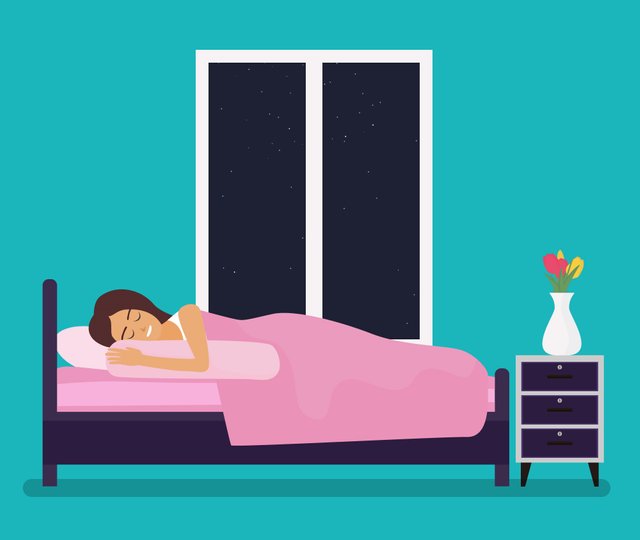Sleep is an essential part of human health, affecting both physical and mental well-being. Many people underestimate the value of sleep on their overall health. This article investigates the several ways in which sleep affects different aspects of health and offers ideas on how to enhance sleep quality.

Have you ever checked your blood pressure during periods of bad sleep?
Physical Health
Immune Function :-
Sleep is critical for maintaining a healthy immune system. During sleep, the body creates cytokines, which are required to fight infections and inflammation. Chronic sleep deprivation can cause an impaired immune system, making people more susceptible infections.Cardiovascular Health :-
Adequate sleep is associated with a lower risk of heart disease and stroke. During sleep, the heart rate and blood pressure drop, allowing the cardiovascular system to relax. Persistent sleep deprivation can cause hypertension, atherosclerosis, and other cardiovascular issues.Weight Management :-
Sleep affects hormones that regulate hunger and appetite, such as leptin and ghrelin. Sleep deprivation can affect these hormones, resulting in increased appetite and cravings for high-calorie foods, which can lead to weight gain and obesity.Metabolism and Diabetes :-
Insufficient sleep impairs the body’s ability to metabolize glucose, resulting in insulin resistance. This raises the chance of getting type 2 diabetes. Proper sleep promotes healthy blood sugar levels and metabolic functions.
Mental Health
Cognitive Function :-
Sleep is necessary for cognitive activities like memory consolidation, problem solving, and decision-making. During sleep, the brain processes and stores the day’s information. Sleep deprivation inhibits cognitive functioning, causing issues with concentration, learning, and memory.Emotional Regulation :-
Adequate sleep helps to manage emotions and boost mood. Sleep deprivation can cause irritability, changes in mood, and increased stress. Chronic sleep issues have also been connected to mental health conditions such as depression and anxiety.
Have you ever been diagnosed with a sleep disorder? How has it affected your health?
Sleep and Chronic Conditions
Sleep Disorders :-
Insomnia, sleep apnea, and restless leg syndrome are all conditions that influence not just sleep quality but also overall health. For example, sleep apnea is associated with cardiovascular diseases, and chronic insomnia is linked to mental health issues.Chronic Pain :-
Sleep and pain have a bidirectional link. Chronic pain can interfere with sleep, and a lack of sleep can increase pain perception. Improving sleep quality can help you manage chronic pain.
How often do you use electronic devices before bed, and how might this affect your sleep?
Tips for Improving Sleep Quality
Establish a Regular Sleep Schedule :-
Go to bed and wake up at the same time every day, even on weekends, to regulate your body’s internal clock.Create a Restful Environment :-
Keep your bedroom calm, dark, and cool. If necessary, consider using earplugs, an eye mask, or utilizing a white noise machine.Limit Screen Time Before Bed :-
The blue light emitted by phones, tablets, and computers can disrupt the production of melatonin, a hormone that regulates sleep. Try not to use screens for at least one hour before bedtime.Be Mindful of Food and Drink :-
Avoid large meals, caffeine, and alcohol close to bedtime. These can disrupt sleep patterns and affect the quality of sleep.Stay Active :-
Regular physical activity can help you sleep better. However, avoid vigorous activity close to bedtime because it can be stimulating.Manage Stress :-
Practice relaxation techniques such as deep breathing, meditation, or gentle yoga to calm the mind before bed.
Conclusion
Sleep is an important aspect of general health, affecting both physical and mental well-being. Individuals can enhance their health and quality of life by focusing on proper sleep hygiene and treating sleep disorders. Understanding the impact of sleep on health highlights the need of prioritizing sleep in daily life.